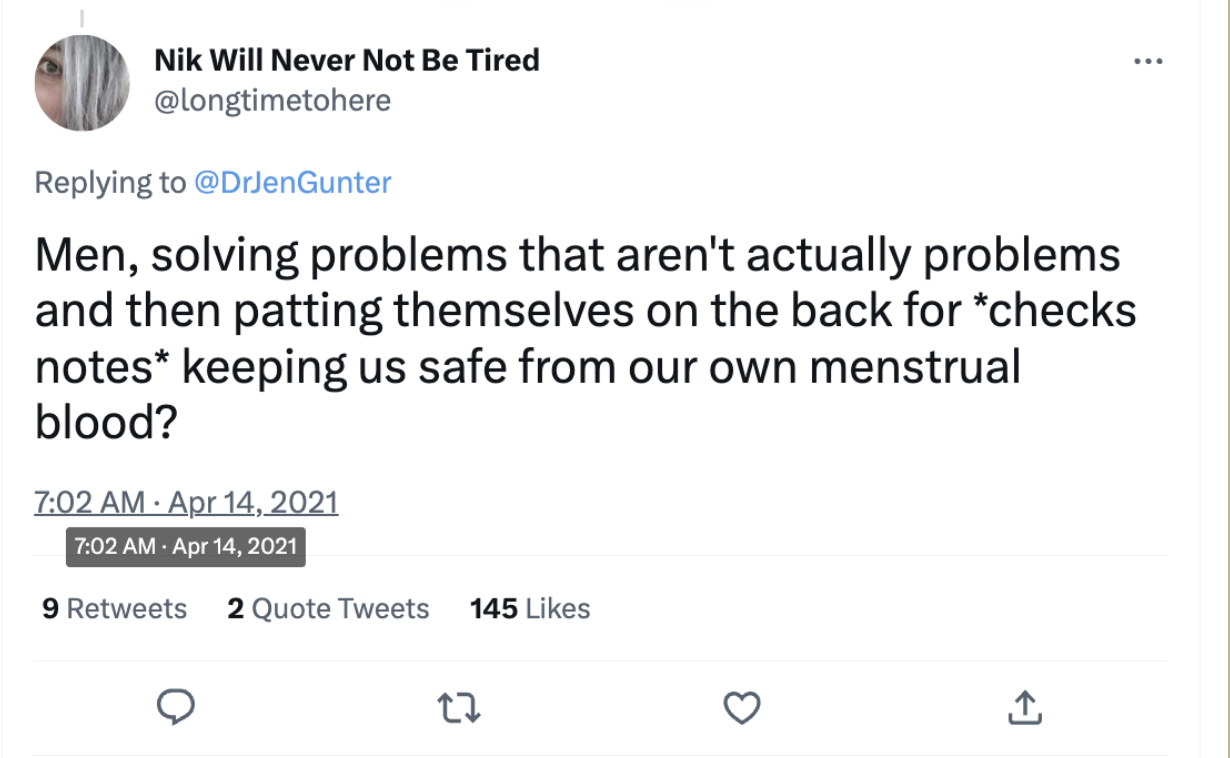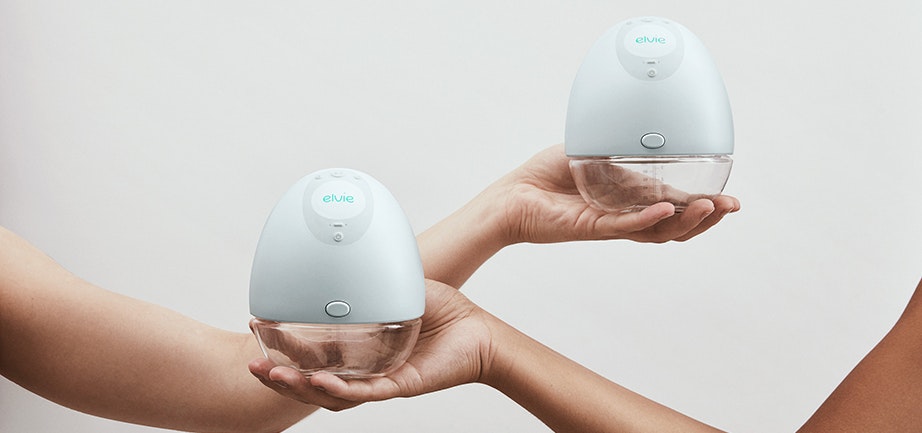When I first got into investing in femtech I was passionate about finding startups that could materially change lives. As it turns out — after 18 months and looking at more than 100 startups that claim this label — I’ve realised there are many companies striving to make an actual impact on women’s lives.
But next to them, the sector has become polluted with mansplainers and grifters trying to peddle generic wellbeing solutions with pink labelling. Here’s what I’ve learnt about what femtech is, and isn’t, through the process.
The men selling a tampon removal glove
It’s perhaps no surprise that founders of all stripes are trying to jump on the femtech bandwagon.
Research shows that — off the back of much good work from founders and scientists — there’s been an explosion of interest in the sector, both from the media and investors. But that interest has attracted opportunists like moths to a flame.
One example is Pinky — a male-founded German startup that basically developed a dog poo bag for women to dispose of their tampons “safely and discreetly.” Pinky still managed to get investment in 2021, despite creating a solution to a problem that does not exist (we do not need to be kept safe from our own menstrual blood, thanks).

The Pinky founders apologised for getting it all wrong, but I can tell you that I've seen many similar companies. Another example is a company trying to address period pain using generic mental health approaches — implying that period pain is something women should just mentally learn to cope with.
Femtech fools
It isn’t only the mansplainers like Pinky that are getting femtech wrong. There are also many founders who say they are solving a need uniquely felt by women, when really it’s a broader health need — often one that’s already being addressed by other products.
These companies proceed to design (emphasis on design) a solution “for women” that is seemingly different but, when you drill down into it, is identical to the pre-existing solution for the general population.
An example is companies marketing solutions for women’s hot flushes using existing metabolic health solutions such as mundane dietary supplements.
The motivation seems to be that these companies can then market themselves as a femtech company, often asking a premium price due to marketing costs, essentially adding another “pink tax” for women to pay.
These companies are claiming the term femtech as a marketing tool, rather than coming up with solutions to historically underserved needs.
Some might argue that’s ok — the more the term is used, the more it gains a place as a mainstream term that pushes societal change.
Well, I beg to differ. Femtech has empowered women to think about their needs and put them out in front. By co-opting the term as a marketing tool they are diluting the meaning and ignoring the real needs of women.
How to solve it
By this point, the next natural question is — are we seeing the end of femtech?
To make a real impact and change the healthcare system, these innovators will need stakeholders as their allies
As a woman, I seriously hope not. We need the femtech community, even if opportunists are trying to jump on their successes.
So far, femtech startups have mostly on focussed on direct to consumer models — but women's health needs are substantially more profound than that.
Women are 50% more likely to receive the wrong diagnosis following a heart attack, on average diagnosed for cancer two and a half years slower than men, and four and a half years slower when it comes to metabolic diseases like diabetes.
That's just the tip of the iceberg. The next generation of successful femtech innovators will start to reflect on ways to incorporate bigger healthcare stakeholders to start solving these problems.
To make a real impact and change the healthcare system, these innovators will need stakeholders as their allies. Entrepreneurs often struggle to find data to make their case to big organisations they seek to disrupt, but in the case of women’s health, the numbers are plain to see.
Endometriosis costs the global healthcare system as much as 70% more per patient than diabetes, while treating symptomatic bacterial vaginosis costs $4.8bn globally.
The adoption of innovation will be faster once both men and women are better educated about women’s health
The economic case for improving women’s healthcare is easy to make, but entrepreneurs will need regulators to help build these bridges with those that run the legacy systems.
Ultimately, society collectively needs to realise that women’s health is not only an issue for women, to be solved by women. To grow to the next phase, the community will need to find ways to be more inclusive and focus more on education. The adoption of innovation will be faster once both men and women are better educated about women’s health.
Meanwhile, I will continue to search for companies solving women’s health needs — but if I see any more companies telling me that menstruation is shameful or dangerous, those pitch decks will be going right in the bin.
Yahel Halamish is a principal at Nina Capital.


